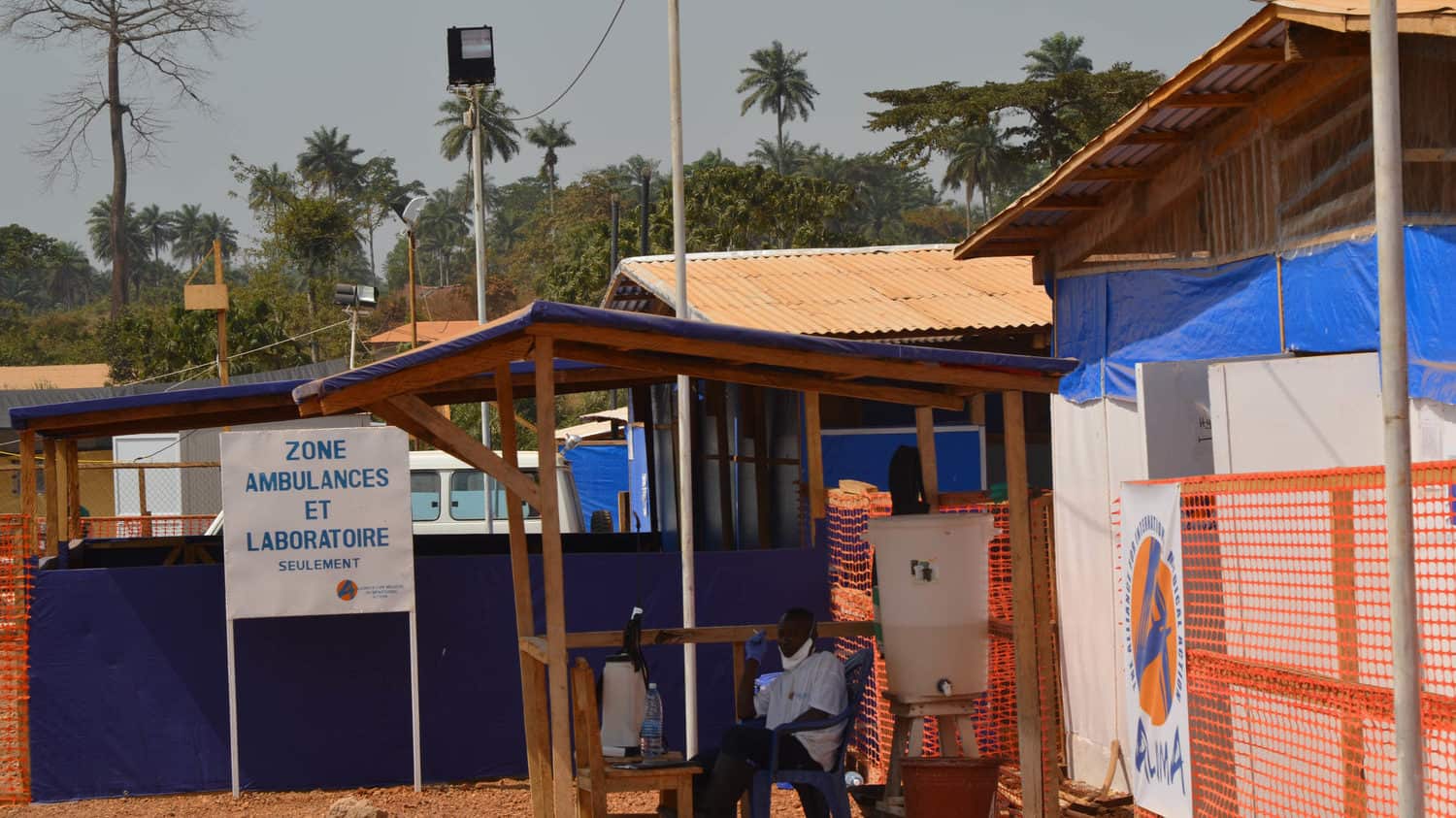
Internews’ targeted media activities under the “Information Saves Lives” project addressed communication limitations by building the capacity of journalists to report accurately on the Ebola crisis and the disease, using existing media infrastructures in Guinea, including mobile technologies. Internews rolled out an intensive humanitarian journalism training and mentoring (including safety training) program with local journalists in the most affected areas and it started “Ebola Chrono”, a daily newsletter and radio program. Ebola Chrono addressed the evolving country context, supporting the coordination of humanitarian information and public service announcements, and the access to information for the affected communities. Between January 19, 2015 and April 15, 2016, the Internews team produced 317 daily editions of Ebola Chrono in French, which were broadcast by 40 radio stations. Internews also produced 276 weekly summaries in local languages (Malinke, Poular, Susu, Kissi and Gerze). The “Information Saves Lives” project was funded by OFDA.
“I closely follow Ebola Chrono. This show informs me on the current health situation. During the last show, they informed me to always wash my hands with javel or soap. This is exactly why my clients wash their hands before coming into my boutique.”
Ebola Chrono Listener (wine merchant), Kognapoulou, N’Zérékoré, Guinea
IMPACT
- For 15 months, our Internews team addressed 2,363 Ebola related issues. Approximately, 657 of these issues were produced in consultation with over 40 humanitarian partners including WFP, ICRC and MSF. As of November 2015, about 30% of the subjects were focusing on general health topics and Ebola Chrono became Ebola Chrono Plus.
- In total, Internews conducted 47 training events in Guinea over the life of the project and trained 188 journalists (146 in Conakry and 142 in N’Zérékoré and the rest of the country). These journalists produced 2,442 media pieces on Ebola.
- 91% of the listeners interviewed stated that they found Ebola Chrone useful to protect themselves and their families and to know more about Ebola and Health related issues.
- Fifty-five local partner radios submitted monthly summaries for Ebola Chrono. The summary provided technical information, listeners’ reactions and also how the show was perceived by the radio staff itself.